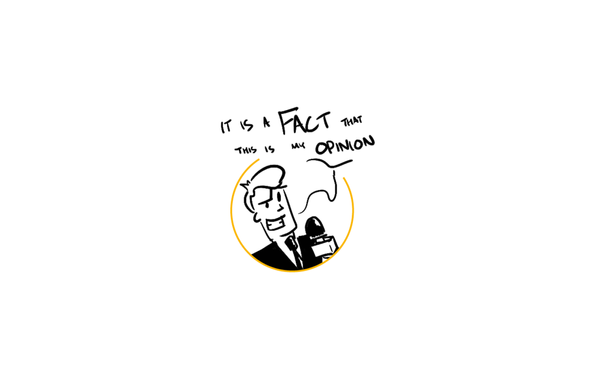The real disgrace of executive pay
Shaul Rosten discusses executive pay and whether or not the government should have any influence.

Theresa May announced this week that she intends to force companies to “justify” executive pay in response to reports that, at times, executives earn 140 times more than the average worker. High executive pay has been thrust into the headlines recently amidst the furore of the BHS collapse, and the harsh working conditions discovered at Sports Direct. Whilst I am not in favour of spending other people’s pension money on yachts (depending on who the people are, and the size of the yacht), I am outraged at the suggestion that the Government has the right to determine what a company pays its staff.
This country is founded on some key tenets, the most basic of which is the fundamental freedom to make your own decisions, provided you abide by the law. In that regard then it seems absurd to suggest that a company must, in effect, ask the Government’s permission to pay its employees in the manner it sees fit. Companies are owned by shareholders, and if they want to give lots of money to a particular individual, why on earth should they not be free to do so? What is different about a group of people handing over large sums of money and an individual doing it? If Theresa May made plans to force you to justify the price of your girlfriend’s birthday present, I doubt very much that the measure would be endorsed with equal vigour, and as little thought, as her proposals on executive pay. If any person or group of people want to pay someone several million pounds a year, that is their right. It is not up to anyone else to decide what someone is paid, except those paying the wages. Furthermore, no justification whatsoever should be required if a company wishes to pay one individual 140 times more than another. If they pay their workers above minimum wage and pay tax then the company’s activities can only be good for the economy and the country, and no law has been broken that justifies impeding on their freedom. The entire shareholder/board of directors system exists to ensure that the people who own the company make the important decisions, and there is no reasonable excuse for this charge to be transferred to an outside governing body.
Aside from the intrusion on fundamental freedoms, the issue of executive pay is poorly portrayed and represented. Whilst the average worker may be paid far less than the average executive, that is because their job is (often) far easier and requires less skill, pushing down wages as more people are included in the pool of possible employees. Executives, on the other hand, are often highly qualified, and are working on much more skilled tasks and facing higher demands from shareholders. In addition, the value created by each individual worker is far less than that created by an individual executive – why should that created value not be rewarded fairly? If my company generates £100 million profit a year, and my brilliant chief executive is responsible for most of that, why on earth need I justify paying him or her £5 million a year? Imagine a scenario where you, a young entrepreneur who has started your own company, require a babysitter so that you can work nights to improve the success of your initiative. If you do extremely well, and are paid handsomely accordingly, it would be ridiculous for your babysitter to demand that he or she be paid more in line with what you earned. Yes, you couldn’t have done it without them, but you could easily have found another impoverished student to do the babysitting for you. You paid them for the work they did, and the fact that they may have been involved at some level in the profits of your labour does not grant them right to demand increased compensation.
I agree that if a company has done well, workers should be included in that success. To make that the law, however, is an indefensible intrusion on basic freedoms. If the government feels workers are underpaid, they should raise the minimum wage accordingly. Removing freedom should always be an absolute last resort, particularly when the freedoms in question can add value to this country’s economy. I appreciate that the ownership issues surrounding BHS have left a £571 million hole in the pension pot, and that has real impacts for employees; however, unless the law was broken, then only the good conscience of those involved can (and should) resolve the matter. Individual cases cannot dictate government policy, especially when those regulations are simply populist in nature and deny basic rights and freedoms.
All in all, although one may not agree with the disparate remuneration levels of workers and executives, the right of a company to pay its staff how it likes (within the limits of the minimum wage) remains theirs. Theresa May, and many of her political peers, seem to see executive pay as another bone to toss to the disgruntled public in return for favour. I hope, for the sake of your right to buy your girlfriend a ridiculously expensive birthday present, that her attitudes will never be enacted into legislation.









